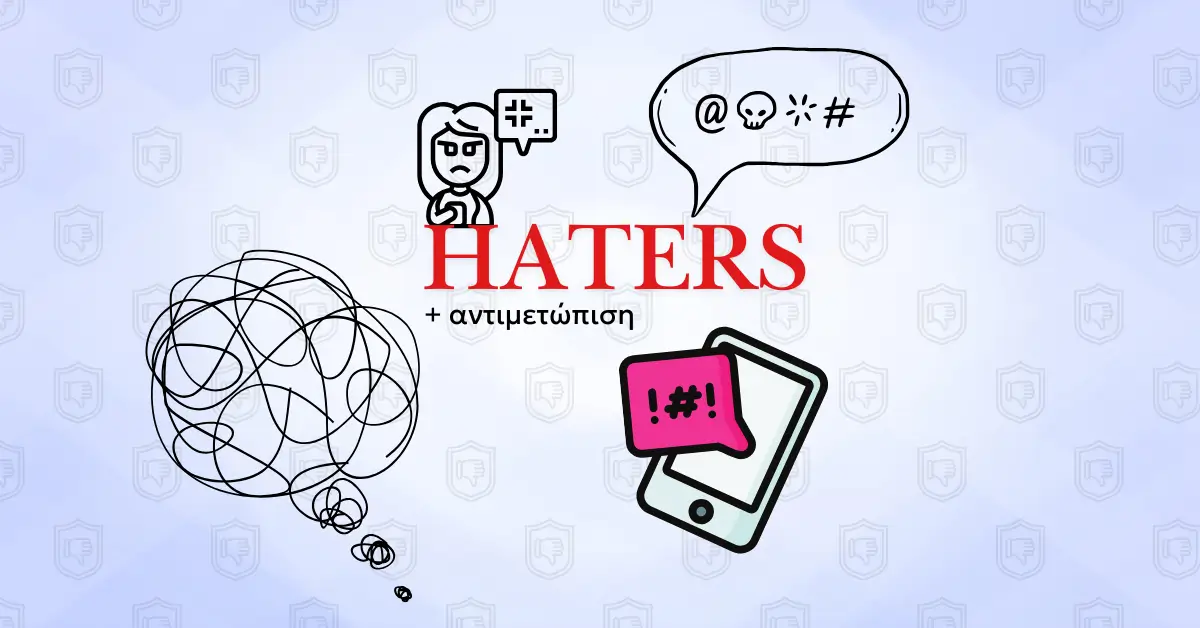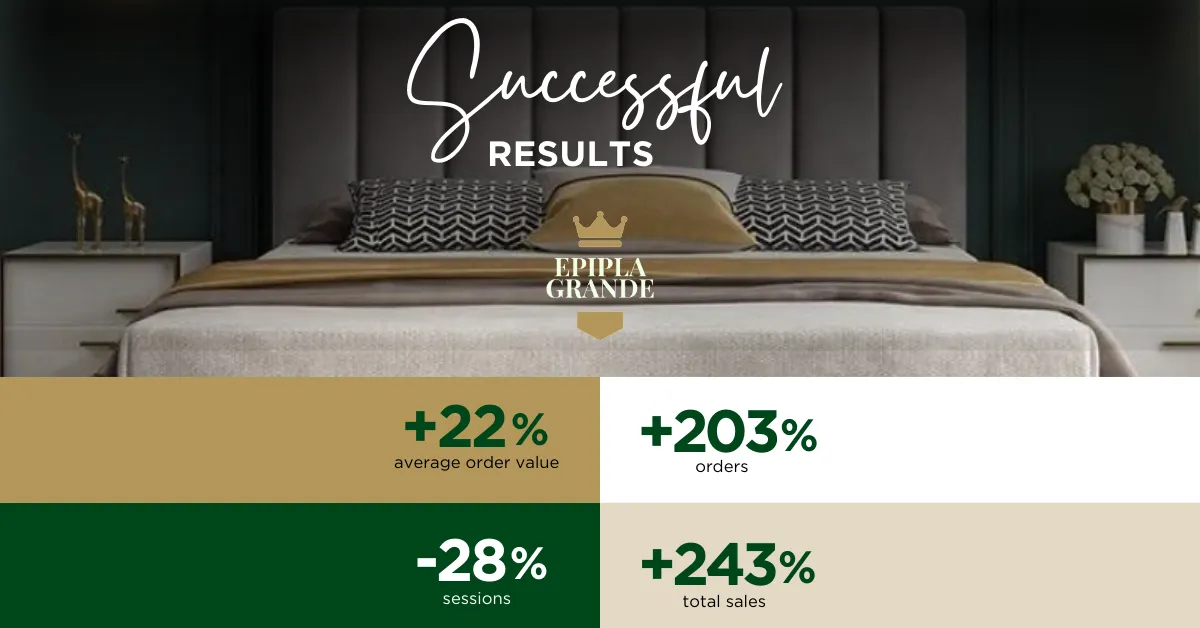You’ve taken the step to showcase your work, ideas or yourself on Social Media, enter the internet “scene”, but you didn’t count on the haters! Those people who, either out of personal insecurity or just to satisfy the moment, leave comments full of irony and meanness, like ” cobra venom“.
Imagine uploading a video with a great hook, meaningful content, and engagement skyrocketing. But among the positive comments, the negative reviews stand out. Bitter, mean-spirited comments you didn’t expect.
Frustration runs red. “Did I make a mistake uploading this? Is this ‘simple’ video showing my business, products or services causing negative reactions for no reason?” you wonder.
What are Haters?
The word “hater” comes from the English verb “hate”, which means “to hate”. The term became known in the United States, mainly through the slang of hip-hop culture and the African-American community.
Today, when we talk about “haters”, we mean those who express negative comments, especially on the internet and social media. Online haters are often people who criticize, comment or “attack” for no particular reason, with the aim of causing a negative impression or reaction.
This phenomenon, however, is not just an internet issue. It has deeper social and psychological dimensions, which can be better analyzed by experts.
If we observe the Greek influencers, many of them often refer to the haters. Negative comments seem to bother them, even though they are almost an “inevitable” part of their online presence.
There are, however, some who have “caught” the meaning. They create videos or content that provoke strong reactions, thereby attracting haters in order to increase the engagement and organic reach of their post.
And here comes the big question: are haters ultimately good or bad for us?
At IMBNet Agency we believe that a good “filtering” is needed. There are comments that, if you evaluate them correctly, can help you become better, even if they “break” you at first.
On the other hand, there are comments that only hide hatred, without any substance or explanation. These are the comments that are simply not worth your time and attention.
How to deal with haters:
1.) Identify them: Don’t forget that haters usually have nothing personal with you. Most act out of jealousy, insecurity, or the need to get attention.
2.) Don’t feed the fire: Responding to malicious comments rarely works. If you choose to respond, do so calmly and professionally, without dropping the bar.
3.) Use their feedback to your advantage: If some feedback has a grain of truth or identifies room for improvement, use it as constructive criticism.
4.) Leverage Filtering Tools: Platforms like Instagram and Facebook provide options to filter keywords, block accounts, or limit comments to friends and supporters.
5.) Create a positive community: Invite your supporters to join the conversation. Positive comments and support can drown out the voice of the haters.
6.) Delete and move on: If a comment is just offensive or irrelevant, delete it and move on with your day. Not worth your time.
The most important tip? Don’t let negative comments hold you back. Your Social Media presence is an opportunity to showcase your work and build your audience.
Haters are part of the process, but they should never have the last word!
Below we have prepared a video-interview where Kostas Sklavounis from IMBNet Agency talks with Markos Mpakas, owner of the company Homemakers.
Markos, with a strong social media presence and several viral videos under his belt, shares valuable tips and experiences.
Watch the video and we’re sure you’ll find a lot in common.











